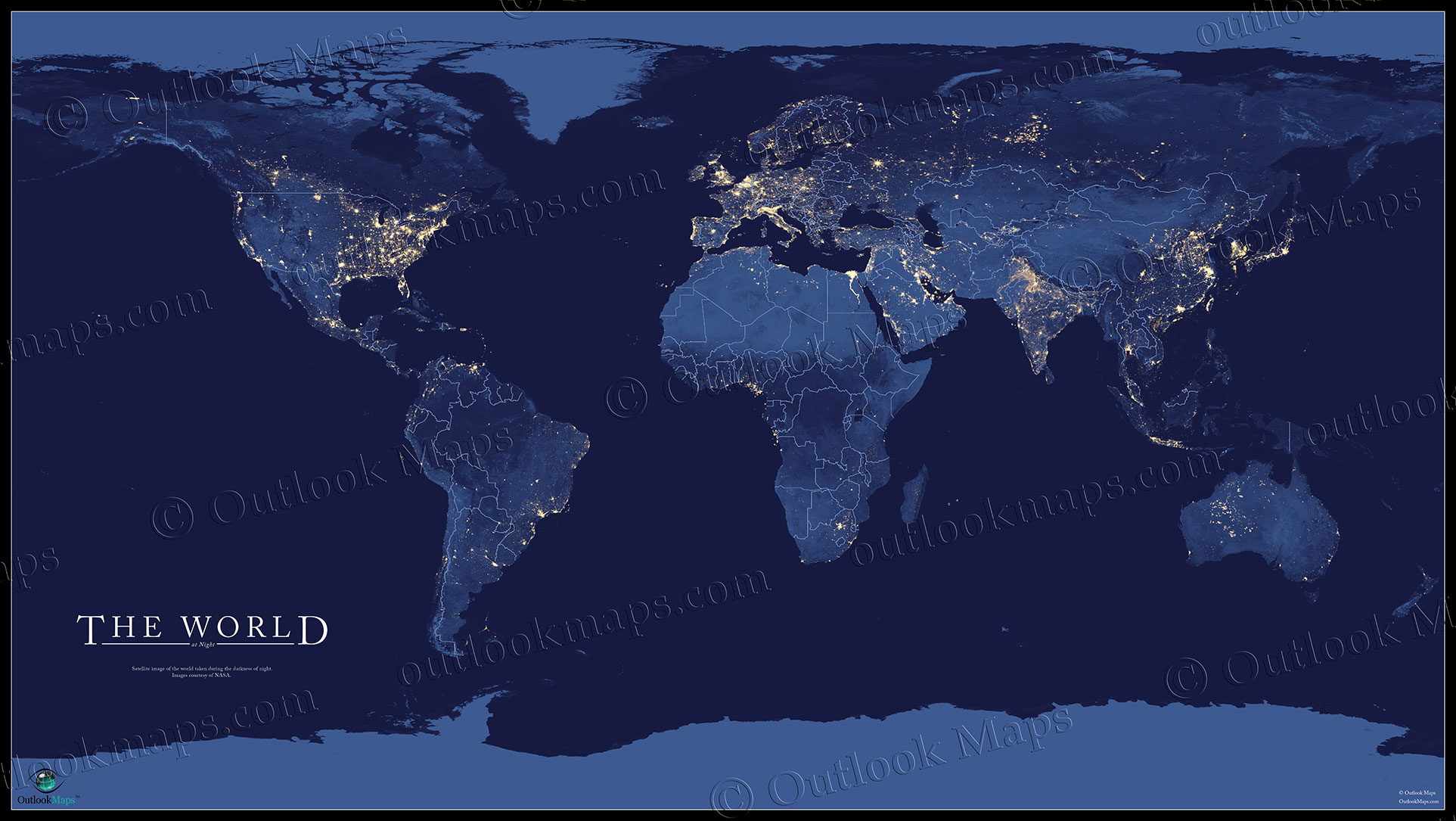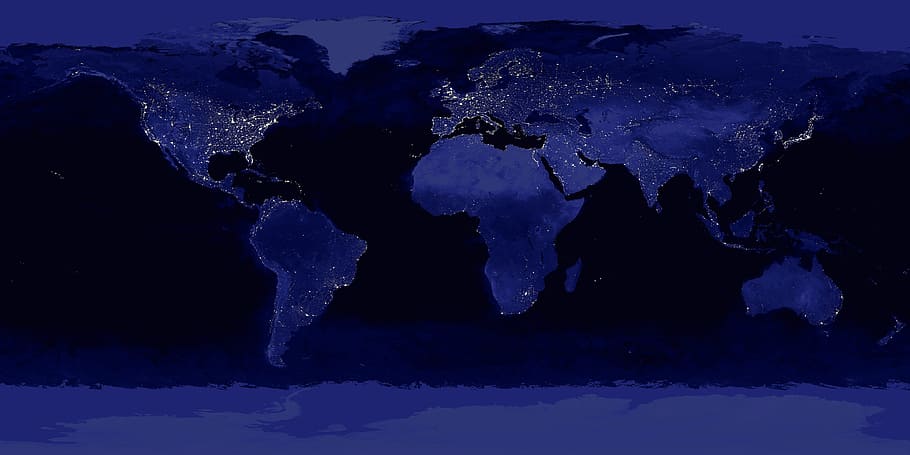
Grades 6-9+ notes: For older learners, after completing all 8 lessons direct your learners to press the ‘More!’ button to explore pre-made musical versions of real solar systems. There will be terms that need some definition or further discussion to relate the lessons to coding concepts and also astronomical phenomena, such as periods of orbits - see our glossary for help with those terms. The step-by-step nature provided in the lessons should help, and you can take advantage of this by dividing the lessons into even smaller chunks for your learners, moving on to the next segments and lessons as attention permits.

Grades 2-5 notes: Younger audiences will need a little guidance to get started and some encouragement along the way. The star/planet systems your students build in Space Jam can be any possible star/planet system they like, and star/planet systems can orbit clockwise (or counterclockwise like our own solar system does when viewed from the North) depending on the molecular cloud they formed in and how the system developed. Note on orbits: The planets in this activity orbit clockwise. Please help out by giving us feedback! Answer these short (anonymous) questions Experience your Universe in a whole new way. Our sonification project brings parts of our Milky Way galaxy, and of the greater Universe beyond it, to you to listen to. By translating the inherently digital data (in the form of ones and zeroes) captured by telescopes, astronomers can create images of what would otherwise be invisible to us.īut what about experiencing these data with other senses, like hearing? Sonification is the process that translates data into sound. Telescopes give us a chance to understand what objects in our Universe are like in different types of light. Most of our Universe is too distant to visit in person, but we can still explore it. Octave: In music, the jump between one musical pitch and a higher or lower pitch with the same name. Scale (musical scale): An ordered sequence of notes, it can be used as building blocks to make a melody or song. Orbital Period: The period, or orbital period, of a planet is how long it takes to complete one orbit. Orbit: The path of an object in space around a star, planet, or moon. Planet: One of eight major bodies that orbit the Sun, visible to us by reflected sunlight.Įxoplanet: A planet outside of our solar system.


Star: A glowing ball of gas held together by its own gravity and powered by nuclear fusion in its core.


 0 kommentar(er)
0 kommentar(er)
